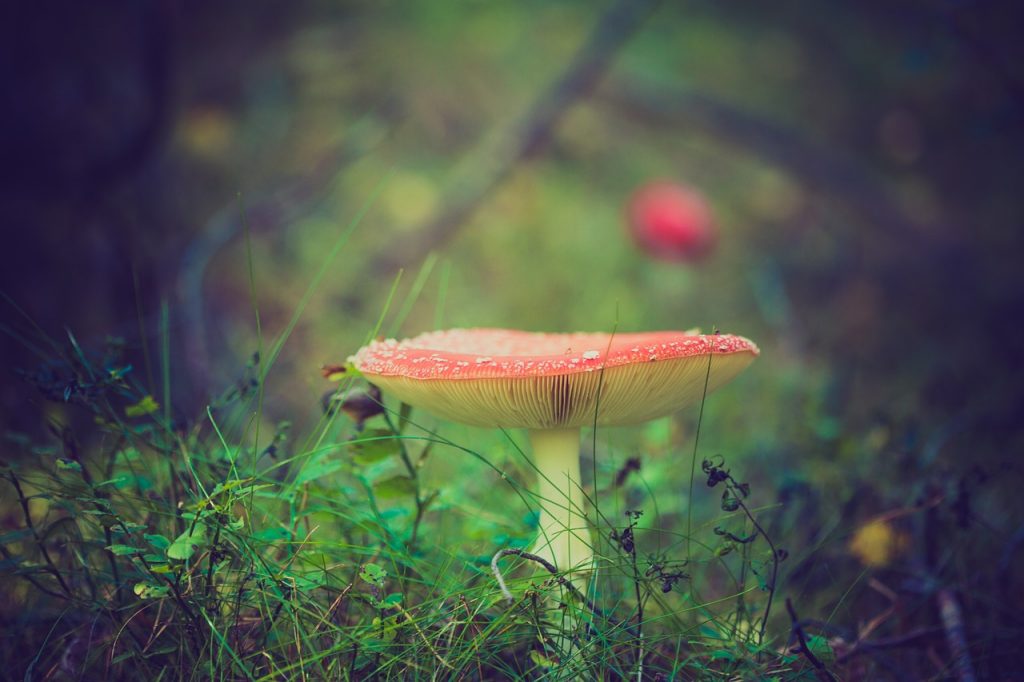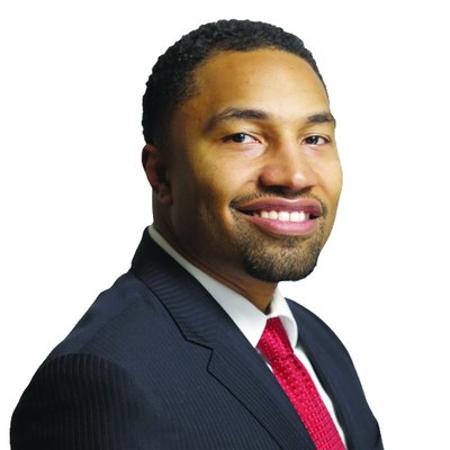Detroit to Vote on Proposal E, Which Would Decriminalize Psychedelic Plants Like Magic Mushrooms
If passed, Proposal E would decriminalize personal possession and therapeutic use of entheogenic plants by adults. Others are hoping for similar reform across the state.

Magic mushrooms are on the ballot in Detroit during Tuesday’s general election. If passed, Proposal E would decriminalize a class of naturally occurring psychedelics like mescaline, ayahuasca, psilocybin and dimethyltryptamine or DMT. These compounds are among a class of psychoactive substances often referred to as entheogenic plants, which municipal governments around the country increasingly recognize. Seattle, Denver and Ann Arbor have placed them among the city’s lowest law enforcement priorities.
Proposal E: Entheogenic Plants: Shall the voters of the City of Detroit adopt an ordinance to the 2019 Detroit City Code that would decriminalize to the fullest extent permitted under Michigan law the personal possession and therapeutic use of Entheogenic Plants by adults and make the personal possession and therapeutic use of Entheogenic Plants by adults the city’s lowest law-enforcement priority?
Now, other advocates in Michigan are pushing for similar reform.
Shan Vicious calls herself a psychedelic integration coach. She uses an alias because she cultivates and grows psilocybin mushrooms, and that’s illegal under state and federal law. She says she became a proponent of magic mushrooms after being diagnosed with a mental health disorder a few years ago.
“I had my first child. And I suffered really, really bad postpartum [depression],” says Vicious. “I actually stayed in my house for about six months straight. Like, I did not leave my house.”
Vicious says she tried prescription medications first but found they dulled her personality and stressed her relationships. That’s when she started experimenting with microdosing, taking small amounts of psilocybin as part of a daily regimen. She says she started documenting her journey of self-medication on social media.
“I just started showing other people, like look: I take a microdose, and I’m out with my family. We’re at the water park, or we’re at the mall, and it’s completely normal. I’m not tripping out. I’m not seeing colors and auditory visuals and all of this stuff,” says Vicious. “I had no anxiety. I had no depression.”
Vicious doesn’t have a medical degree and says she looked to studies from Johns Hopkins University for guidance. Researchers there have noted improvements with magic mushrooms and psychotherapy for conditions like depression and addiction. Vicious says those treatments should be available to everyone.
“For me, the reason why I got into this is because I saw people suffering with suicidal ideation and the inability to get up and just be with their kids and it really affected me, because I felt what they felt,” says Vicious.
Decriminalization Efforts Across Michigan
Vicious and other advocates have coalesced around Decriminalize Nature Michigan, an advocacy group supporting the acceptance of entheogenic plants and fungi. Vicious heads a chapter based in Hazel Park, and others in Traverse City, Flint and Ypsilanti are forming. Decriminalize Nature organized Entheofest in Ann Arbor to promote decriminalization and awareness of psychedelics as a plant medicine.
The group pushed for decriminalization efforts in Grand Rapids, which recently approved language supporting entheogenic plants. In Detroit, the group led a petition drive to place Proposal E on the ballot this November.
“If we move to decriminalize, we eliminate a whole slew of potential issues, whether it’s licensing, whether it’s so-called code enforcement, whether it’s so-called compliance issues.” –Moudou Baqui, Decriminalize Nature in Detroit
“If we move to decriminalize, we eliminate a whole slew of potential issues, whether it’s licensing, whether it’s so-called code enforcement, whether it’s so-called compliance issues,” says Moudou Baqui, a spokesperson for Decriminalize Nature in Detroit.
Decriminalization would not legalize entheogenic plants or allow for sales and mass production. Baqui says he’d like to avoid repeating what happened with the state’s cannabis industry regulation.
“Our attempt is to make this germane to the ground and not become the next boom industry where every hustler capitalist is trying to get on,” says Baqui.
A Step Toward Legalization
If Proposal E passes, Detroit’s law department and police will determine how to interpret decriminalization of entheogenic plants. City attorneys cite legal precedents from Coalition for a Safer Detroit v Detroit City Clerk, stating that election officials do not have the authority to “assess the substance of the petition or to determine whether, if passed, it would conflict with state law.”

“There is no virtue in speculating about how the City would handle the mandate of the initiative, in the event it passes. Like every other city in the U.S., Detroit can only make ordinances consistent with state and federal laws,” Corporation Counsel Lawrence Garcia wrote in an email. “Therefore, if the initiative passes, the City will have to work within that framework.”
With federal efforts halted, some are trying to change Michigan’s law on naturally occurring psychedelics. State Sen. Adam Hollier (D-Detroit) co-sponsored Senate Bill 631 to decriminalize entheogenic plants across Michigan. He says it’s the first step toward legalization.
“Michigan can be what Colorado was for marijuana almost a decade ago as a boon and as an economic opportunity,” says Hollier. “But most importantly, [we need to] stop trying to make things criminal for no reason just because people don’t like them.”
Hollier says decriminalizing entheogens could open more commercial and academic pathways for the state, and fewer people would get arrested.
“Because often the people who get in trouble for these things are minority communities, right? Decriminalizing just adds a little more equity in the system,” says Hollier.
Hollier’s bill is still in committee. While some cities have relied on elected officials to decriminalize entheogenic plants and fungi, Detroit could be among the first to do so by taking the question directly to voters.
Trusted, accurate, up-to-date.
WDET strives to make our journalism accessible to everyone. As a public media institution, we maintain our journalistic integrity through independent support from readers like you. If you value WDET as your source of news, music and conversation, please make a gift today.
